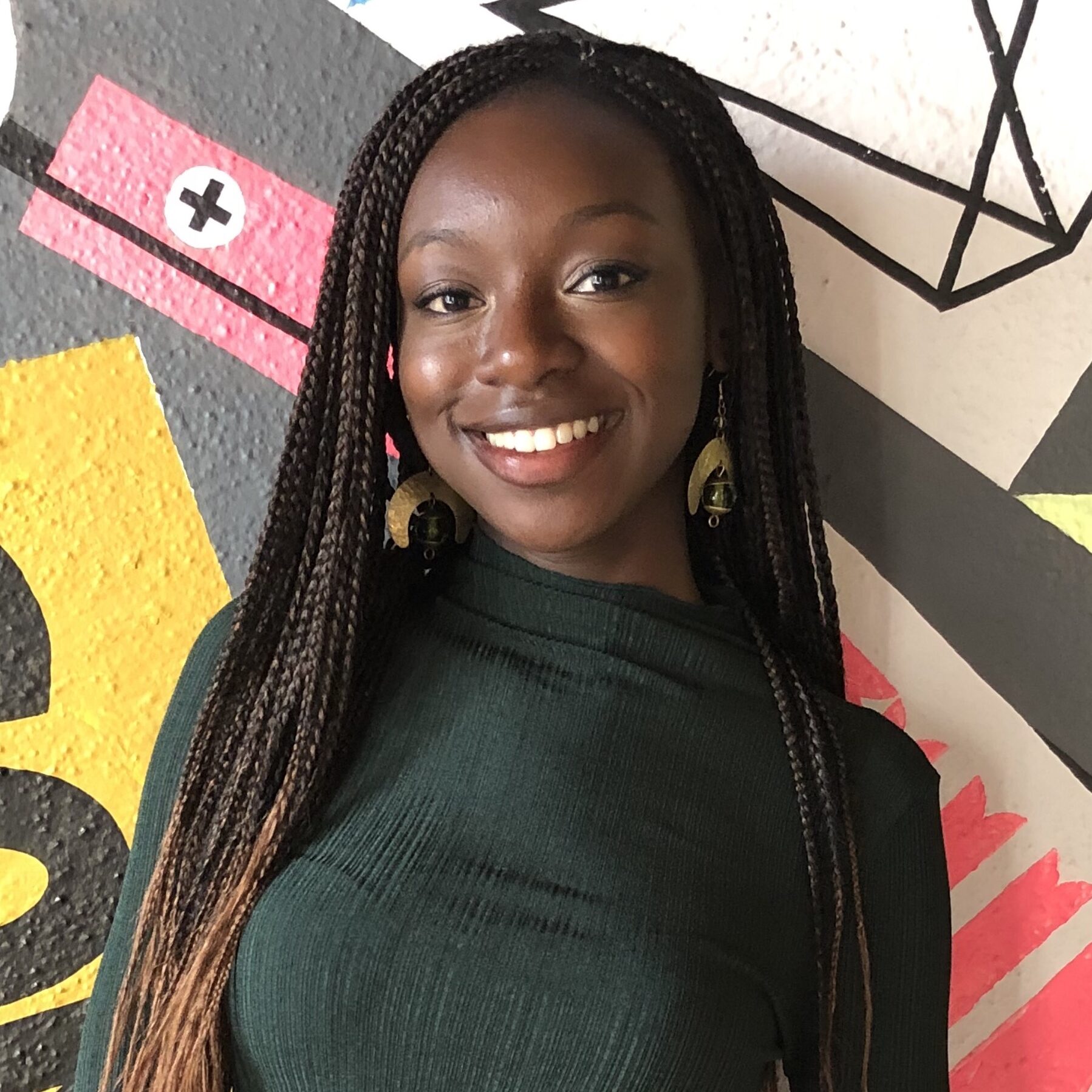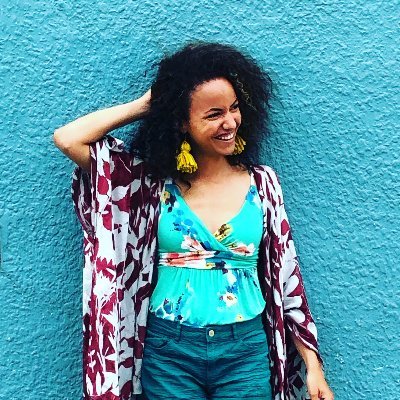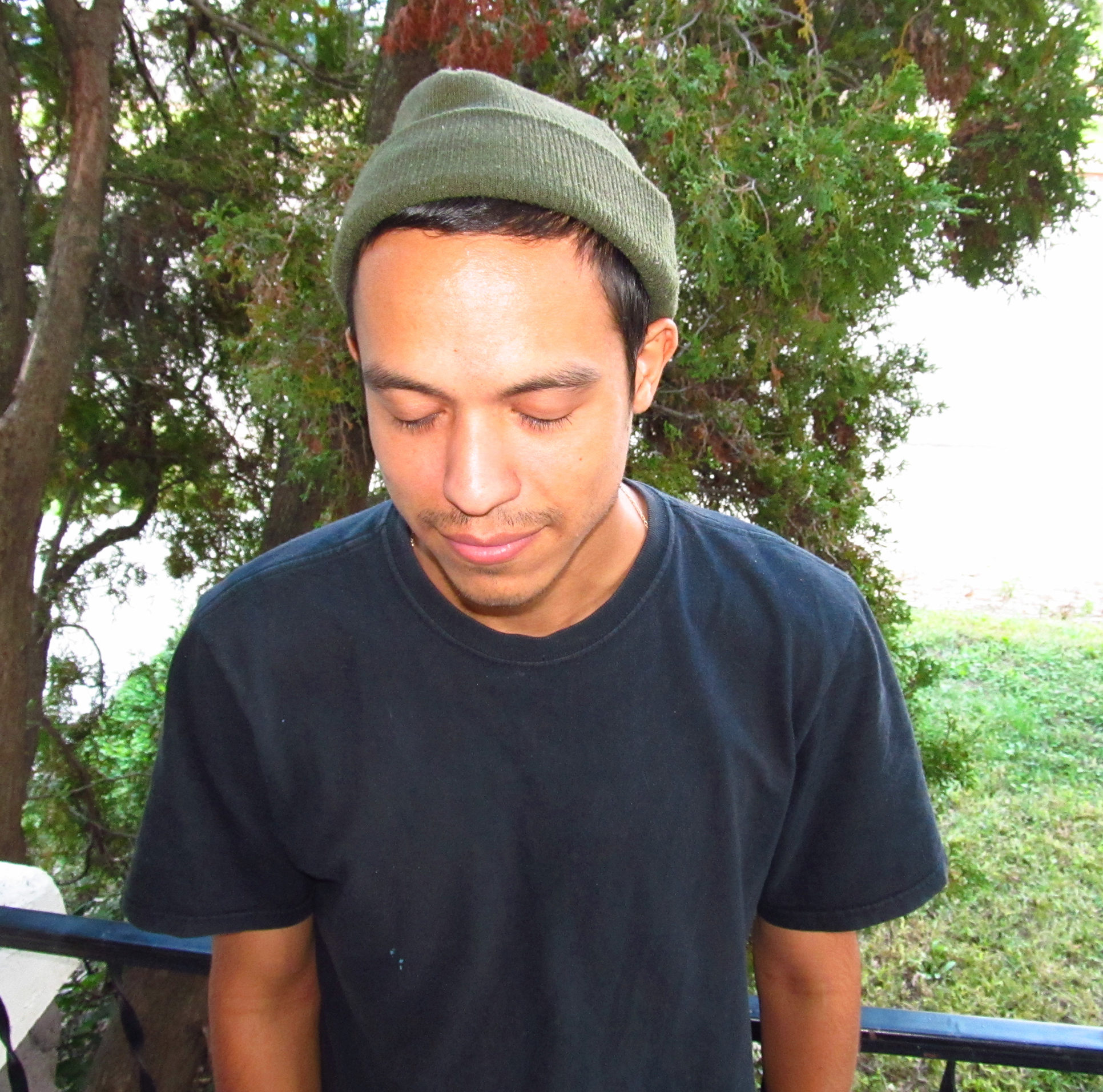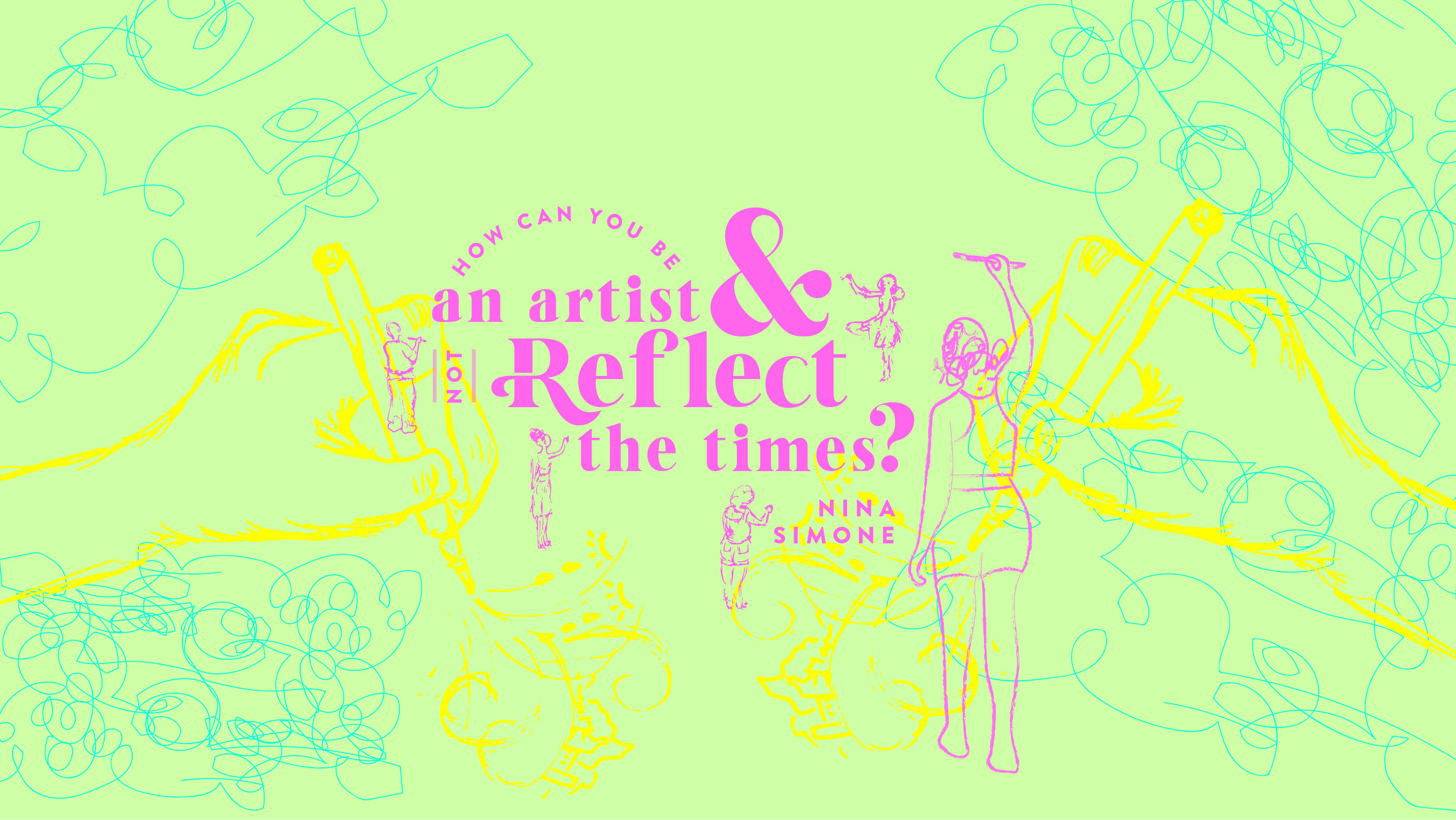

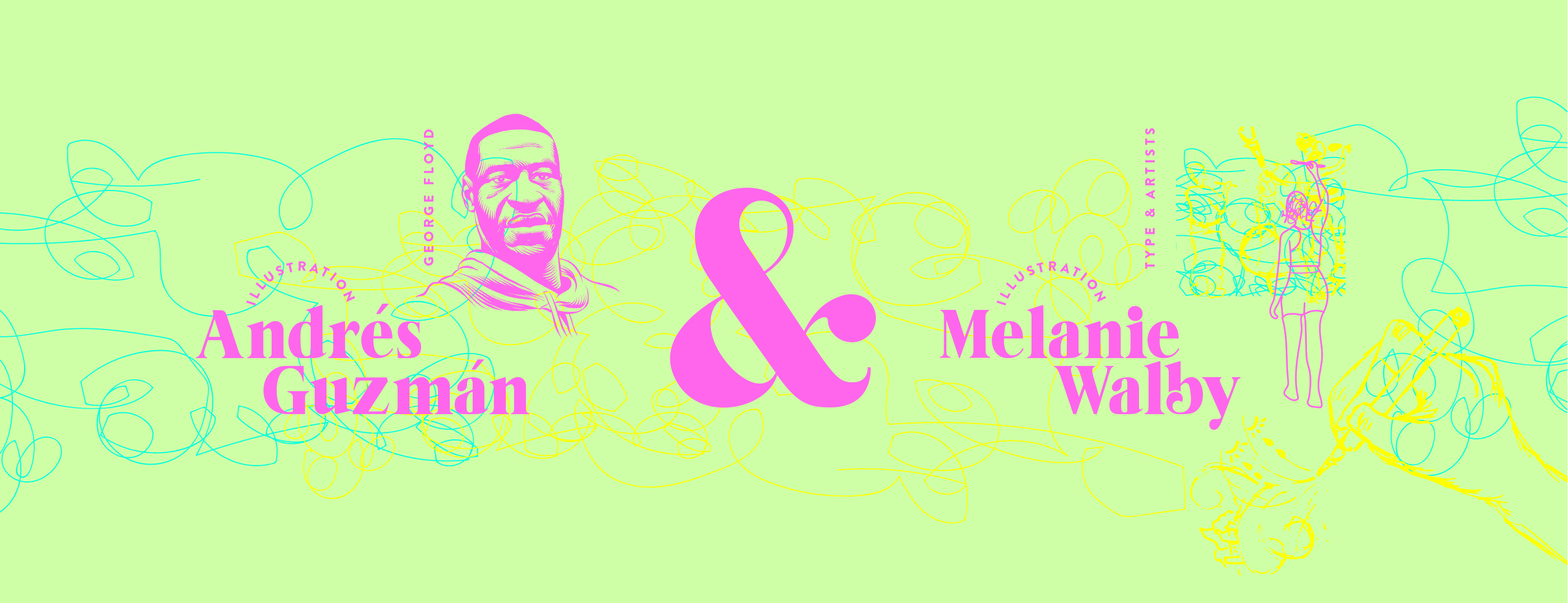
Nina Simone said that it is an artist’s duty to reflect the times. Artists in the Twin Cities and across the world have risen to that occasion to capture the year that we will never forget. After the death of Mr. George Floyd and during the uprisings that followed, our city exploded in sound, color, movement, and performance as our talented community made art do what art does: heal the people, mobilize the masses, move the public.
At Pollen, we have a deep appreciation and respect for the way that art and stories build power in movements. We know that artists and storytellers are the architects who help shape the narrative of historic moments like these. Those popular narratives matter because they are truly a matter of life and death—they attempt to tell us who deserves to live and who deserves to die.
“We know that artists and storytellers are the architects who help shape the narrative of historic moments like these.”
Ruby Oluoch Pollen Studio Manager
One year later, we must recognize that although they’ve taken the lives of George Floyd, Breonna Taylor, Dolal Idd, Daunte Wright, and countless others, police aren’t the only killers in this system. There are a series of white supremacist narratives—internalized and reinforced by individuals, institutions, and systems—that dehumanize and take the lives of black people every single day. These narratives say that to be black is to be a criminal and that to be criminal is to deserve death and suffering, in public, and in cruel and vulgar forms of violence.
The dehumanization of black people does not end even after life has. As days passed after his death, I remember desperately searching for information about George Floyd as the man and the father I saw in his photos. I wanted to know how those he was closest to remembered him. I needed to know that he was loved and he belonged to someone. But the popular narratives made it hard to remember George Floyd as a man. They distanced him from personhood and instead, even now, a year on, make him an example and a martyr.
So in this time of remembrance, I am thankful for art and stories that grab hold of narratives and crack them open to unbury the true heart and spirit of the people who died as victims of white supremacy. We know the songs, imagery, and language that defined key moments in the historic struggle for racial justice. Artists in our community are joining that lineage with their contributions towards narrative change, and Pollen is proud to share, support, and advance their work whenever we can.
Here is how you can help be a part of narrative change.
Donate to Memorialize the Movement to continue the work of collecting and preserving protest art that was created in response to the murder of George Floyd.
Donate to the George Floyd Global Memorial that exists to conserve stories of resistance to racial injustice and to curate spaces for all people to grieve, pay respect, and be a voice for justice.
Consider what you evoke when you speak the name of a dead person. Remember that George Floyd was, in fact, a person – not shorthand or an abbreviation for racial injustice. If you want to reference a specific concept or experience that is or was associated with his death, just say that. Do the extra work to be specific with your language to honor the personhood behind his name.
If you’re looking for ways to take action and to remember, memorialize, and celebrate Mr. Floyd’s life and legacy this week, check out these opportunities.

contributors
